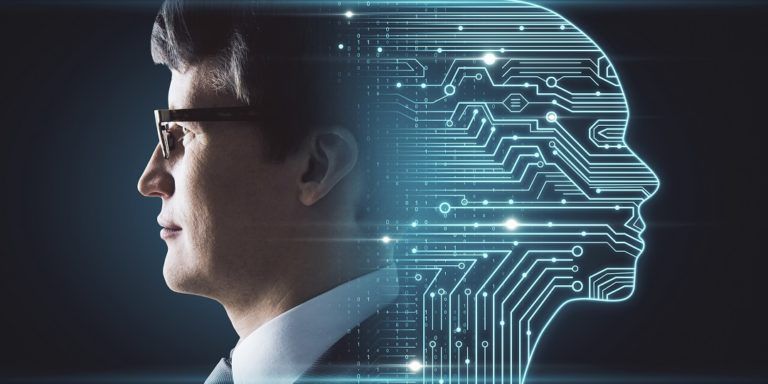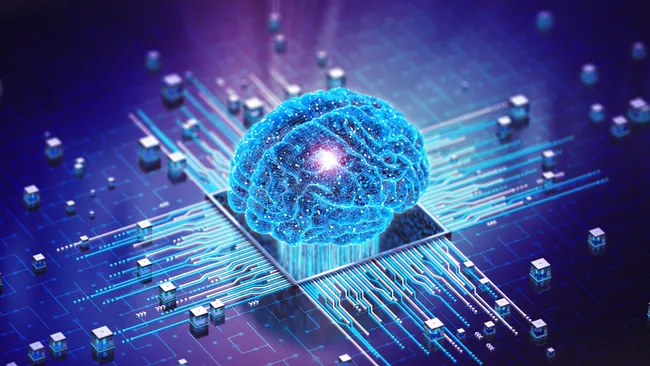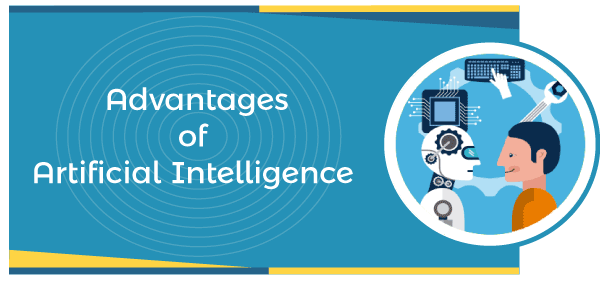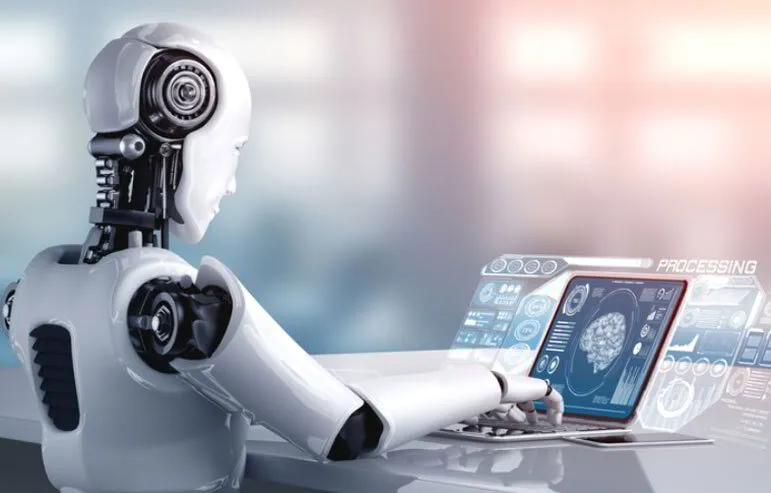THE WORLD OF AI
INTRODUCTION
Artificial Intelligence (AI) is revolutionizing our world, transforming how we live, work, and interact. From self-driving cars to advanced virtual assistants, AI is driving innovation across various industries. At its core, AI involves creating systems that can perform tasks requiring human intelligence, such as understanding natural language, recognizing patterns, and making decisions. The rapid advancements in AI technologies are not only enhancing efficiency but also opening up new possibilities for solving complex problems. This blog explores the fundamentals of AI, its applications, and its impact on various sectors. We will delve into current trends, future prospects, and the ethical considerations surrounding AI development. Join us on this journey to understand how AI is shaping our future and what it means for society as a whole.
USES OF AI
Artificial Intelligence (AI) is reshaping numerous aspects of our daily lives and industries. Its applications are vast and diverse, ranging from healthcare to finance, and even entertainment. In healthcare, AI assists in diagnosing diseases, predicting patient outcomes, and personalizing treatment plans. In finance, it streamlines trading, detects fraud, and enhances customer service through chatbots. AI also powers recommendation systems in entertainment platforms, making content discovery more personalized. Additionally, AI is optimizing supply chains, enhancing manufacturing processes, and enabling autonomous vehicles. Its capabilities extend to natural language processing, allowing for advanced language translation and sentiment analysis. As AI continues to evolve, its potential to drive innovation and efficiency across various sectors becomes increasingly significant.
ADVANCEMENETS
Advancements in Artificial Intelligence (AI) are pushing the boundaries of what technology can achieve. Recent developments include improved machine learning algorithms, which enhance the ability of AI systems to learn from data and make more accurate predictions. Natural language processing has seen significant progress, enabling AI to better understand and generate human language, as seen in sophisticated chatbots and virtual assistants. Additionally, advancements in computer vision are allowing AI to interpret and analyze visual data with high precision, leading to breakthroughs in areas like facial recognition and autonomous vehicles. The rise of generative AI, which can create realistic text, images, and even videos, is also making waves. These advancements are driving innovation across multiple industries, making AI an increasingly integral part of modern technology.
The dark side of Artificial Intelligence (AI) presents significant challenges and concerns. One major issue is privacy, as AI systems often require large amounts of personal data, raising the risk of unauthorized access and misuse. Bias and discrimination are also critical problems, as AI can perpetuate and even amplify existing inequalities if trained on biased data. Additionally, the potential for job displacement due to automation poses economic and social risks. There are also concerns about the ethical use of AI in areas such as surveillance, military applications, and deepfakes, which can be misused for malicious purposes. Ensuring responsible development and deployment of AI technologies is crucial to addressing these issues and mitigating potential negative impacts.
DISADVANTAGES
Artificial Intelligence (AI) comes with several disadvantages. One significant drawback is the potential for job displacement as automation and AI systems can replace human labor in various sectors. AI can also exacerbate existing biases if trained on biased data, leading to unfair and discriminatory outcomes. Additionally, AI systems can be costly to develop and implement, posing financial challenges for organizations. Privacy concerns arise because AI often requires large amounts of personal data, increasing the risk of data breaches and misuse. Lastly, the reliance on AI can lead to reduced human oversight, potentially resulting in errors or unintended consequences if the technology malfunctions or is used improperly.
CONCLUSION
Artificial Intelligence (AI) is a transformative force with the potential to revolutionize numerous aspects of our lives. Its advancements promise unprecedented efficiency and innovation across various industries, from healthcare to finance. However, it is essential to address the accompanying challenges, such as privacy concerns, biases, and job displacement. As AI technology continues to evolve, a balanced approach to its development and deployment is crucial. By focusing on ethical practices, robust safeguards, and responsible usage, we can harness the benefits of AI while mitigating its risks. Embracing these advancements with awareness and foresight will shape a future where AI contributes positively to society and enhances our quality of life.
__https://exe.io/hHGmxsS3__





Comments
Post a Comment